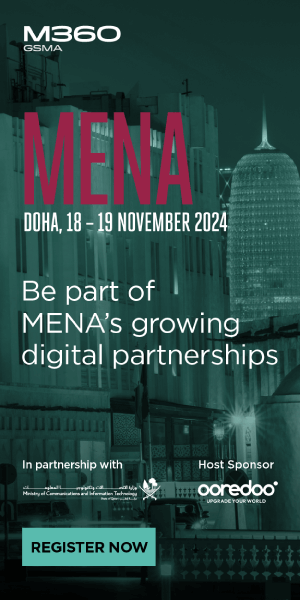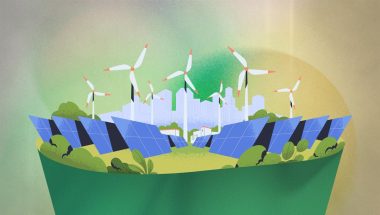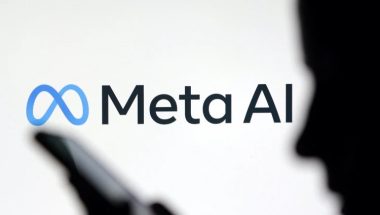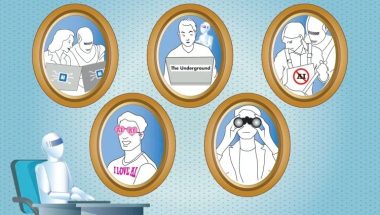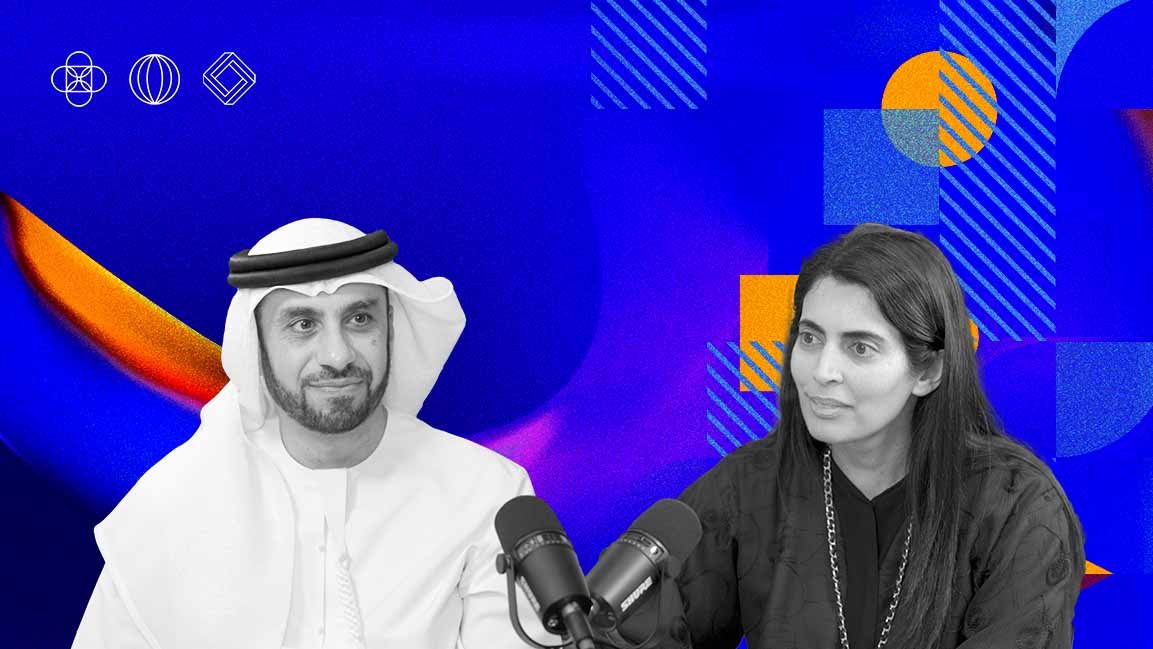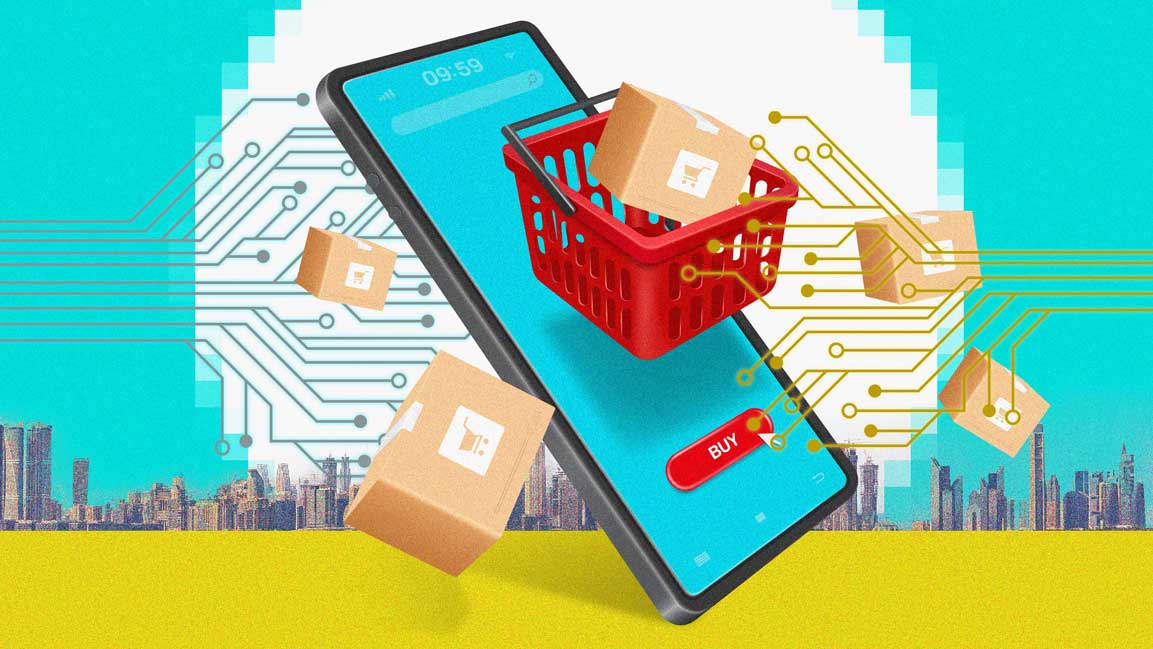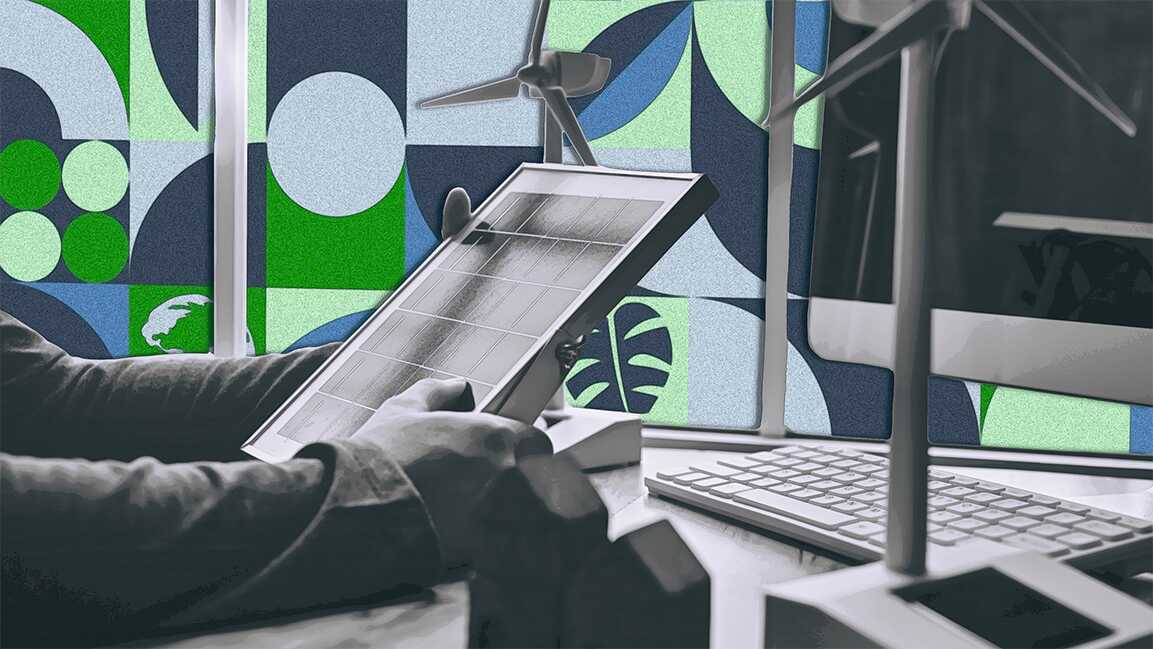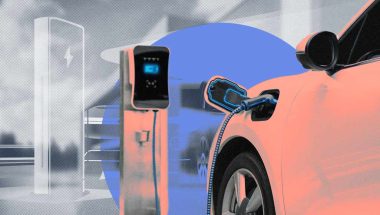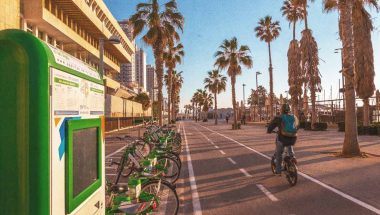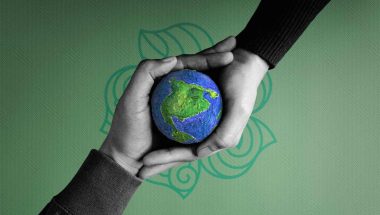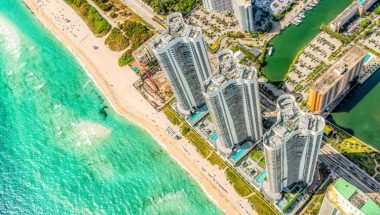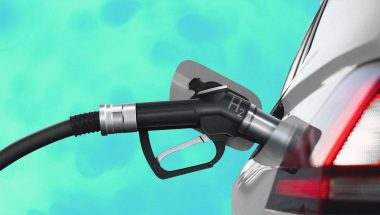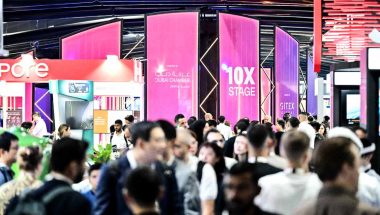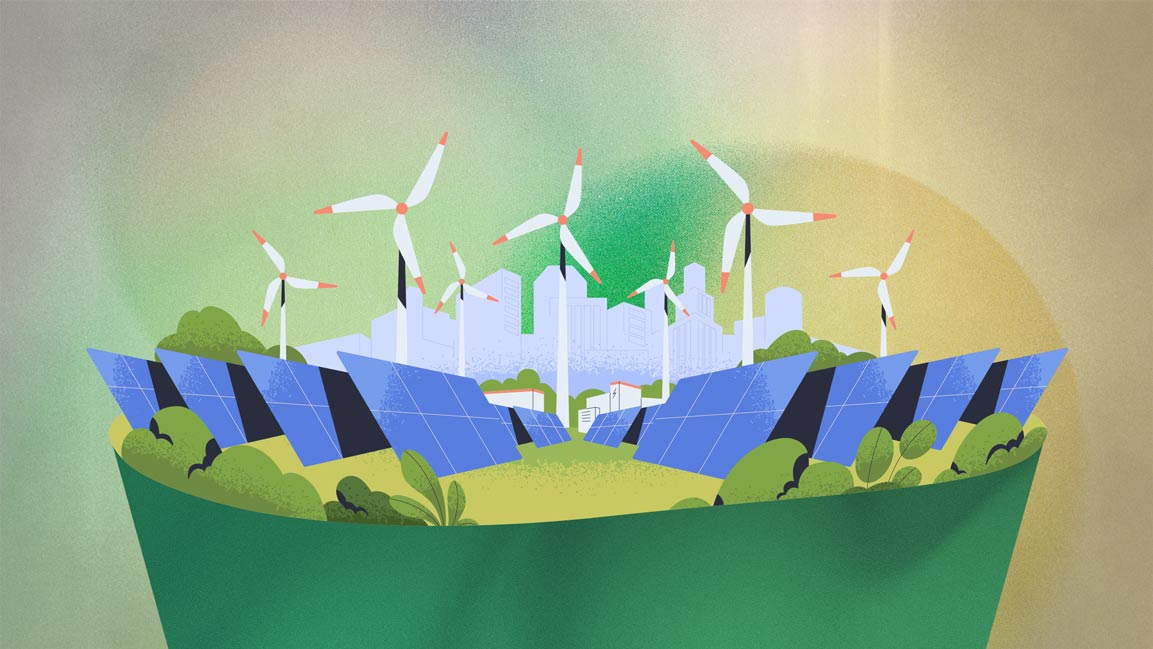- | PepsiCo
Why is collaboration the key to sustainable development for PepsiCo?
Is there a way for brands to collectively shape a greener future?
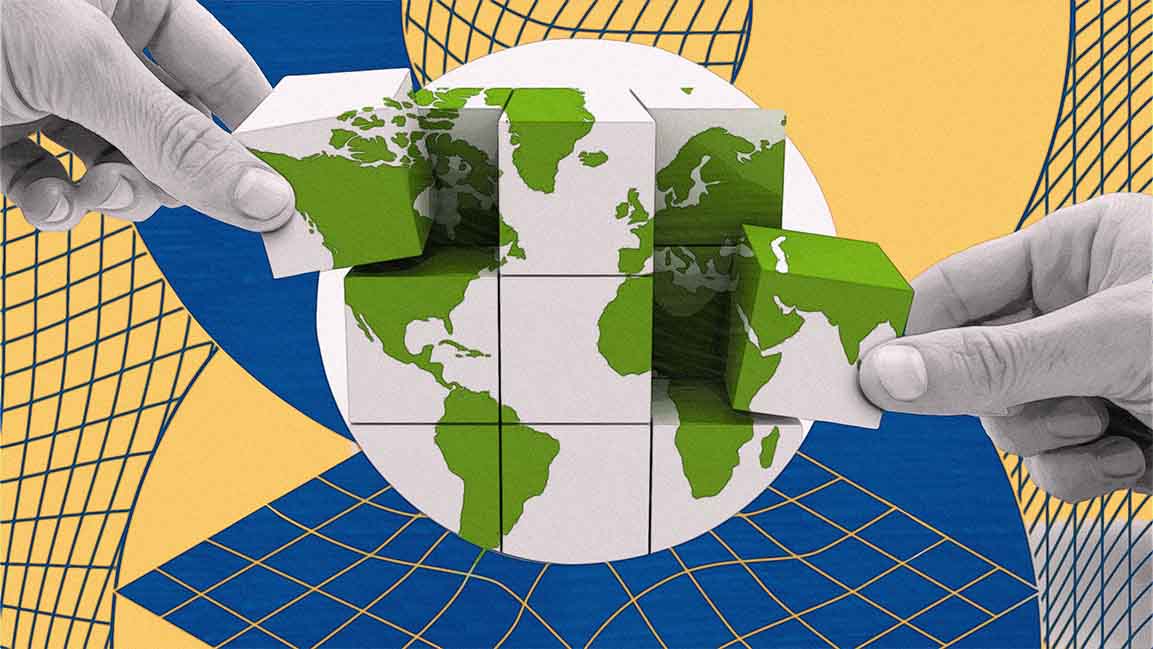
The dynamics of sustainable development are shifting. As brands with a vision for a greener future are forging partnerships breathing life into sustainability goals.
Recognizing the importance of collective action, brands collaborate with organizations to address environmental challenges. Internal collaborations foster a culture of sustainability within brands, integrating ecological principles across all operations. Partnerships extend to the supply chain, ensuring sustainability standards are met throughout production and distribution.
This paradigm shift towards collaborative partnerships propels sustainable development, enhances brand reputation, cultivating consumer loyalty, and fosters a climate of transformative innovation. Ultimately, this endeavor toward a greener future holds great potential for catalyzing a profound transformation in the Middle East.
And companies like PepsiCo are part of this transformative movement.
Their journey towards sustainability began with shaping the company’s purpose. They identified critical areas of influence, such as agriculture and packaging, and sought partners who share the same motivation, value collaboration, and can contribute to bridging existing gaps. They have formed a collective alliance dedicated to upholding ambitious sustainability goals.
“Even a company as big as ours can’t move the needle on sustainability alone. We need to have stakeholders across the value chain to effect systemic change. To truly deliver on our sustainability objectives, we need to engage partners that align with not only our commercial goals but also our purpose,” says Aamer Sheikh, CEO, Middle East – PepsiCo.
IMPACTFUL PARTNERSHIPS AT THE FOREFRONT
In the lead-up to COP28, the company is prioritizing three key pillars — innovation, youth education, and the circular economy in the drive toward sustainability. Sheikh emphasizes that these partnerships have been realized through strategic alignment, shared values, and a strong commitment to creating positive change.
He states, “We look forward to collaborating with like-minded partners and organizations to foster innovation and implement impactful solutions. Simultaneously, we aim to leverage the power of innovation and youth to drive meaningful transformation.”
In the UAE, PepsiCo has been driving positive environmental impact through its Aquafina Water Stations to promote a culture of refilling, reusing, and adopting more sustainable habits. Alongside the partnership with Dubai’s Department of Economy and Tourism (DET) on its Dubai Can initiative, the Aquafina Water Stations have saved more than one million plastic bottles since March 2022.
Earlier this year, the company became a founding member of the Circular Packaging Association, established by the Dubai Chamber of Commerce to drive positive action towards a circular economy through public-private partnerships.
PepsiCo is advancing sustainability efforts beyond the UAE, focusing on the wider region, including countries like Saudi Arabia and Lebanon.
In collaboration with the National Transportations Solutions Company (NTSC), it is developing a decarbonization roadmap for its fleet in the MENA region. As part of its commitment to reducing the collective carbon footprint, it launched the first electric commercial delivery truck pilot in Saudi Arabia.
Saudi Arabia’s Vision 2030 places waste management and a circular economy at the forefront. By 2035, recycling alone is projected to generate an astounding $32 billion annually, according to the Minister of Environment, Water, and Agriculture. Additionally, the goal of achieving zero carbon neutrality by 2060 and recycling 94% of waste by 2035 showcases the kingdom’s dedication to sustainable practices that benefit the economy, environment, and public health.
Collaborating with waste collector WASCO and environmental solution provider Naqaa, PepsiCo has installed 16 solar-powered sorting machines in Makkah to collect plastic bottles and set up 80 recycling stations at the start of the Dakar Rally in Jeddah.
In Lebanon, given its vast arable land, moderate climate, and freshwater resources, this presents a unique opportunity to develop the local economy, create employment opportunities, and enhance the country’s self-sufficiency during a period of significant economic and political flux.
PepsiCo is actively investing in recycling infrastructure and supporting local communities through partnerships with organizations like Nadeera and Live Love Recycle – both part of the first edition of the company’s Greenhouse Accelerator Program: MENA Sustainability Edition, and Lebanon Waste Management, a sorting facility for dry solid waste. Together, they have diverted over 160 tons of recyclable waste from landfills in Beirut since 2021 and expanded their efforts to collect 50 additional tons of recyclable waste in other areas through five PepsiCo-supported shops.
CHAMPIONING SUSTAINABILITY EDUCATION
The world will witness an unprecedented surge in its youth population in the coming years, with a median age of approximately 30.3 years in the UAE, 29 years in KSA and 29.6 years in Lebanon. It is of utmost importance to empower this generation with the necessary knowledge and skills to become leaders in creating a sustainable planet. With innovative thinking and fresh ideas, young people contribute invaluable perspectives and solutions to address pressing global challenges.
Their efforts align with the global agenda, as exemplified by COP27, where nations united to address pressing environmental challenges and forge ambitious commitments towards sustainability.
At COP27, PepsiCo announced the Arab Youth Hackathon, in partnership with the Arab Youth Centre, to engage youth in the region and challenge them to develop innovative solutions for climate-related issues. The program will invite students from Egypt, Saudi Arabia, UAE, Lebanon, and Jordan to apply and offer them a chance to work with industry experts, where winners will be awarded seed capital to go towards bringing their sustainability ideas to life.
By continuing its work through strategic partnerships with educational institutes in the UAE and KSA and by recruiting the support of social enterprises, PepsiCo aims to equip tomorrow’s changemakers with the knowledge and tools they need to lead us toward a more sustainable future.
COLLABORATE TO INNOVATE
When it comes to collaboration, many have failed due to competitive self-interest, a lack of a fully shared purpose, and a need for more trust. However, PepsiCo has embraced sustainability as a business imperative, successfully carrying out ongoing initiatives in areas they can independently address and developing innovative solutions for systemic problems.
In response to the rising focus on sustainability, green startups are emerging in the region, aiming to address environmental challenges and combat climate change while enhancing their business value. However, these startups often struggle to attract investments due to the added responsibility of delivering environmentally friendly and socially responsible products or services, which may not always lead to immediate profitability.
Through the second cohort of its Greenhouse Accelerator Program: MENA Sustainability Edition, PepsiCo selected six innovative companies – Dooda Solutions, a woman-led earthworm farm from Lebanon, NoorNation, a renewable energy start-up from Egypt, RoboCare, a tech start-up from Tunisia, SmartWTI, an IoT/AI solutions provider from Jordan, Smart Green, an Agri-Tech solutions start-up from Jordan, and YY ReGen, another Agri-Tech start-up from Lebanon – to join the accelerator program, aiming to identify and scale up groundbreaking sustainable agricultural practices.
The collaboration aims to bridge the gap between sustainable startups and corporate support, driving innovation and progress in the sustainability space.
By partnering with startups through initiatives like the Greenhouse Accelerator Program: MENA Sustainability Edition, the company not only taps into thinking and agility but also provides capital and network support.
Additionally, collaborations with government entities and organizations such as the Ministry of Climate Change and Environment (MOCCAE) and Food Tech Valley (FTV) contribute regulatory backing and subject matter expertise. This collective approach helps fill gaps, leverage strengths, and enables more effective solutions for sustainability challenges. Moreover, mutual accountability drives progress as companies hold each other responsible for achieving sustainability goals.
When the full power is harnessed to unlock the value of environmental systems, the common good of the business will genuinely align with the good of the commons.







